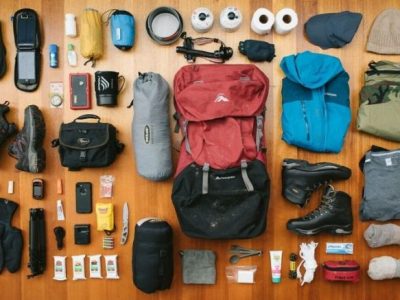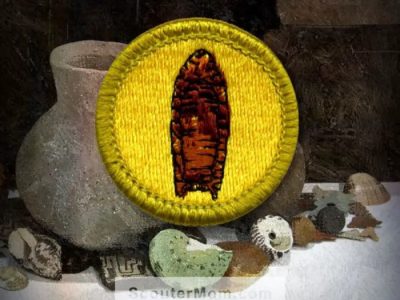Naturalist programs for scout education offer a unique opportunity to engage young people with the natural world, fostering their personal growth, leadership skills, and conservation awareness. These programs provide hands-on experiences, field studies, and expert guidance that enhance scout skills and knowledge, while promoting environmental stewardship and a lifelong love of nature.
Through naturalist programs, scouts learn about the interconnectedness of ecosystems, the importance of biodiversity, and the role they can play in protecting the environment. They develop a deep appreciation for the natural world, which translates into responsible decision-making and a commitment to conservation efforts.
Understanding Naturalist Programs in Scout Education: Naturalist Programs For Scout Education
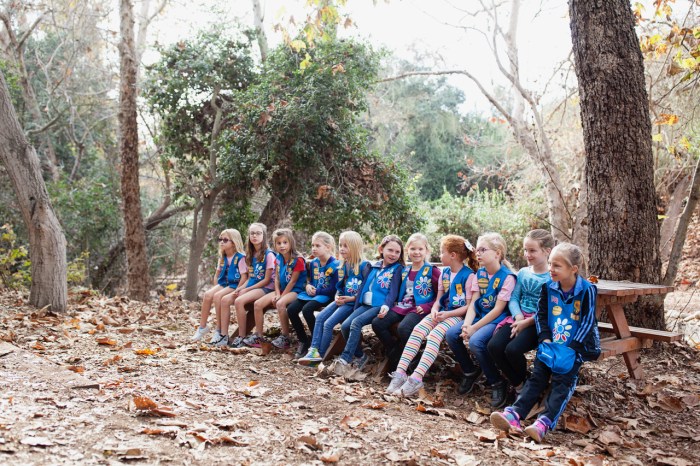
Naturalist programs in scout education are designed to foster youth development and environmental stewardship through immersive experiences in nature.
Nature provides a unique setting for learning and growth, promoting physical activity, problem-solving, and social interaction. Through naturalist programs, scouts develop a deep appreciation for the natural world and gain the skills necessary to become responsible environmental stewards.
The Role of Nature in Youth Development
- Encourages physical activity:Outdoor activities in nature promote physical fitness and reduce sedentary behavior.
- Improves cognitive function:Exposure to nature has been linked to improved attention, memory, and problem-solving abilities.
- Fosters social and emotional development:Nature provides opportunities for teamwork, cooperation, and empathy.
The Importance of Environmental Stewardship
- Teaches conservation principles:Naturalist programs educate scouts on the importance of protecting natural resources and ecosystems.
- Promotes sustainable practices:Scouts learn how to minimize their environmental impact through activities such as recycling and composting.
- Inspires future conservationists:By connecting scouts with nature, naturalist programs foster a lifelong commitment to environmental protection.
Benefits of Naturalist Programs
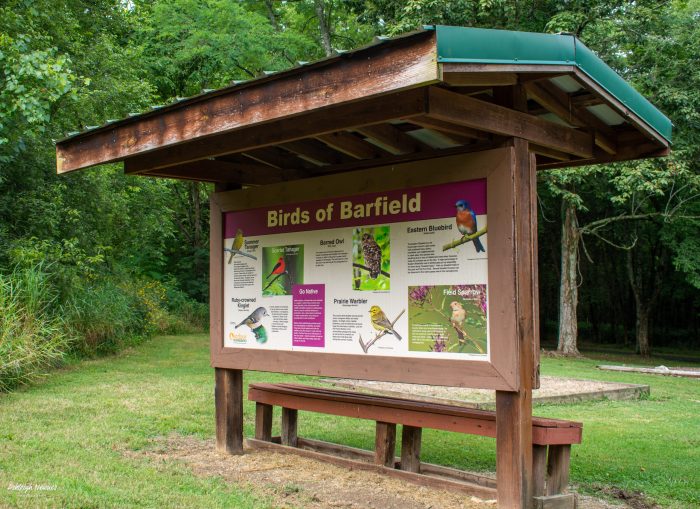
Naturalist programs offer a wealth of benefits for Scouts, enhancing their skills, knowledge, and personal growth. These programs provide opportunities for Scouts to connect with nature, develop a deeper understanding of the environment, and foster a lifelong appreciation for conservation.
Enhancing Scout Skills and Knowledge
Naturalist programs provide hands-on experiences that allow Scouts to develop practical skills in observation, identification, and nature interpretation. Through guided hikes, field studies, and wildlife encounters, Scouts learn to identify plants, animals, and ecosystems. They also gain proficiency in using field guides, binoculars, and other naturalist tools.
Fostering Personal Growth and Leadership
Beyond skill development, naturalist programs promote personal growth and leadership qualities. Scouts learn to work independently and as part of a team, fostering their self-confidence and problem-solving abilities. They also develop a sense of responsibility and stewardship for the environment, understanding the importance of conservation and sustainable practices.
Cultivating Conservation Awareness
Naturalist programs play a crucial role in cultivating conservation awareness among Scouts. By exposing them to the beauty and fragility of the natural world, these programs instill a deep appreciation for the environment. Scouts learn about the threats facing ecosystems and develop a desire to protect and preserve them for future generations.
Key Elements of Naturalist Programs
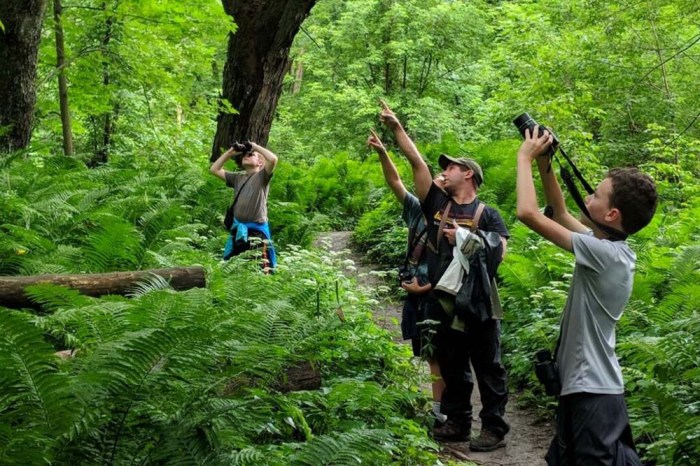
Naturalist programs for Scout education are designed to provide youth with an immersive and hands-on learning experience in the natural world. These programs incorporate several key elements that contribute to their effectiveness.
One of the most important components is hands-on experiences. By actively engaging with the environment, Scouts can develop a deeper understanding of natural processes and gain a sense of stewardship for the outdoors. Field studies, guided hikes, and nature journaling are common activities that allow Scouts to observe and interact with their surroundings.
Expert Guidance
Expert guidance is another essential element of naturalist programs. Naturalists or other knowledgeable individuals provide Scouts with valuable insights and perspectives on the natural world. They can help identify species, explain ecological concepts, and facilitate discussions that foster a deeper understanding of the environment.
Implementing Naturalist Programs in Scout Units
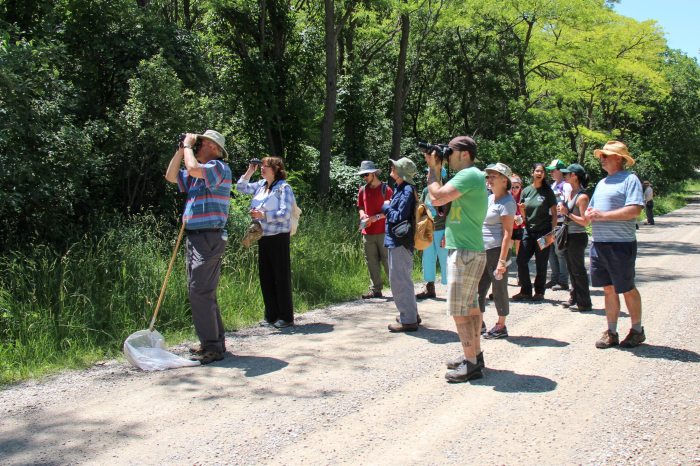
Incorporating naturalist programs into Scout units offers numerous benefits, fostering environmental awareness, scientific inquiry, and outdoor exploration. To ensure successful implementation, Scout leaders must plan and execute these programs effectively.
Curriculum development should align with the specific needs and interests of the Scouts. Activities should be designed to engage them in hands-on learning experiences, promoting curiosity and a deeper understanding of the natural world.
Resource Allocation
Adequate resources are crucial for successful naturalist programs. Scout leaders should secure necessary equipment, such as field guides, binoculars, and safety gear. Additionally, identifying and partnering with local naturalists or environmental organizations can provide expertise and support.
Resources and Partnerships for Naturalist Programs
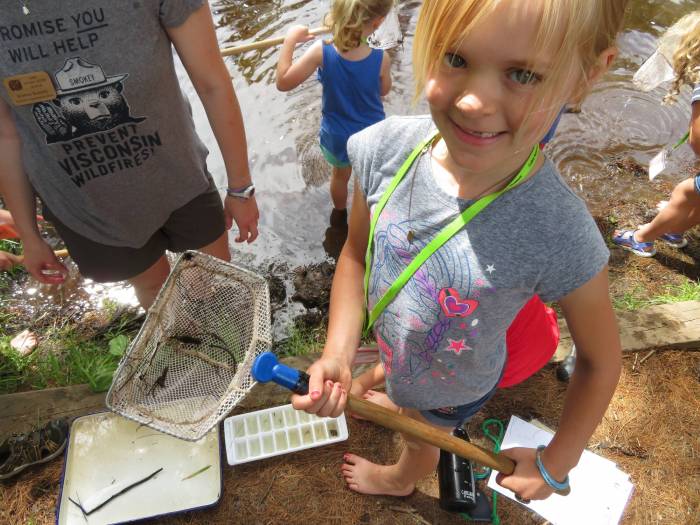
Expanding the horizons of naturalist programs requires tapping into a network of supportive organizations and resources. These partnerships provide valuable assistance, expertise, and opportunities for collaboration, enriching the educational experience for scouts.
One avenue for collaboration is connecting with local parks and nature centers. These institutions often host naturalist programs, offer guided tours, and provide access to diverse ecosystems. Scouts can participate in nature walks, wildlife observations, and educational workshops, fostering a deeper appreciation for the natural world.
Conservation Groups
Collaboration with conservation groups is another valuable resource for naturalist programs. These organizations dedicate themselves to protecting and preserving the environment, making them ideal partners for educational initiatives. Scouts can engage in conservation projects, learn about environmental stewardship, and contribute to the preservation of local ecosystems.
In addition to these local partnerships, national organizations such as the National Audubon Society, the Sierra Club, and the National Wildlife Federation offer resources and support for naturalist programs. These organizations provide educational materials, training opportunities, and networking events, connecting scout units with a wider community of nature enthusiasts.
By leveraging these resources and partnerships, naturalist programs can expand their reach, enhance their educational offerings, and inspire scouts to become lifelong stewards of the environment.
Evaluating Naturalist Programs
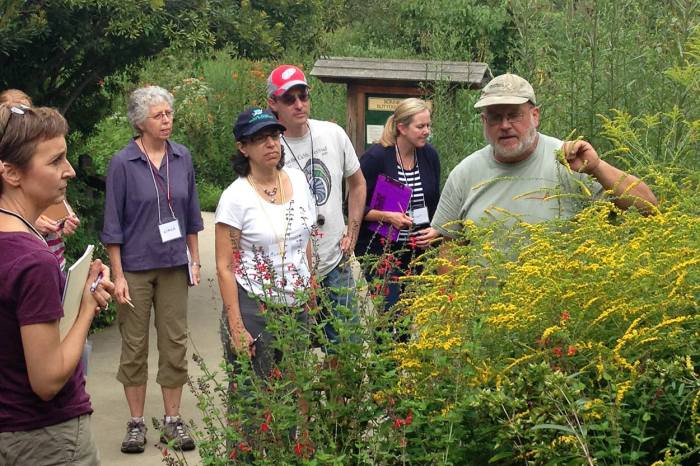
Assessing the effectiveness of naturalist programs is crucial for continuous improvement and ensuring they meet the needs of scouts. Regular evaluation provides valuable insights into program impact, participant satisfaction, and areas for enhancement.
There are various methods for collecting feedback and tracking progress in naturalist programs. Surveys, both pre- and post-program, can gather feedback on participant experiences, knowledge gained, and interest levels. Observation and documentation of scout interactions during programs can provide qualitative data on engagement and learning outcomes.
Data Analysis and Reporting, Naturalist programs for scout education
Data collected from evaluations should be analyzed and interpreted to identify patterns, trends, and areas for improvement. Reporting mechanisms should be established to communicate evaluation findings to stakeholders, including scout leaders, parents, and program funders. This information can guide decision-making and inform future program planning.
Continuous Improvement
Evaluation results should be used to drive continuous improvement efforts. Identifying areas where programs fall short or could be enhanced allows for the development and implementation of targeted interventions. This iterative process ensures that naturalist programs remain relevant, engaging, and effective in fostering a love of nature and environmental stewardship in scouts.
Final Thoughts
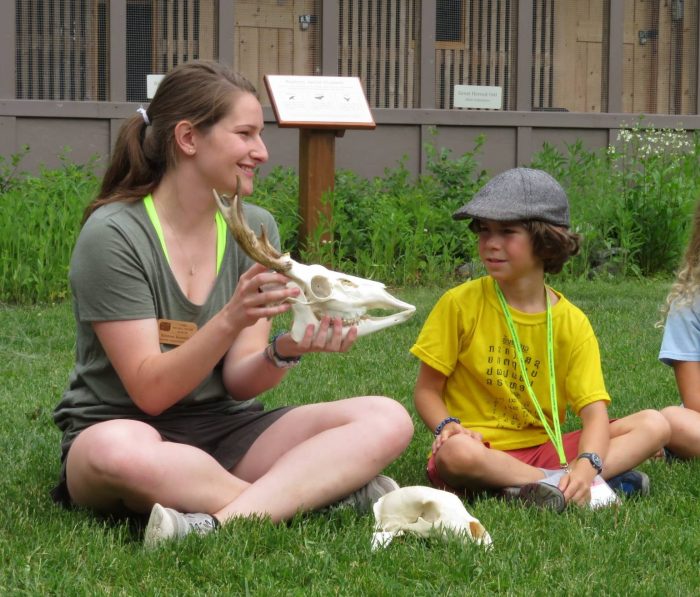
Naturalist programs are an essential component of scout education, providing scouts with the knowledge, skills, and values they need to become responsible citizens and environmental stewards. By embracing the natural world as a classroom, scout leaders can empower young people to make a positive impact on their communities and the planet.
Questions Often Asked
What are the key elements of effective naturalist programs?
Effective naturalist programs emphasize hands-on experiences, field studies, and expert guidance. They provide opportunities for scouts to explore the natural world through observation, experimentation, and inquiry-based learning.
How do naturalist programs benefit scout skills and knowledge?
Naturalist programs enhance scout skills by providing practical experience in areas such as orienteering, camping, and wildlife identification. They also expand scout knowledge by teaching them about ecology, conservation, and the importance of protecting the environment.
What is the role of scout leaders in implementing naturalist programs?
Scout leaders play a crucial role in planning and implementing naturalist programs. They provide guidance, support, and resources to ensure that scouts have a safe and enriching experience. Scout leaders also work with local organizations and experts to enhance the program offerings.

